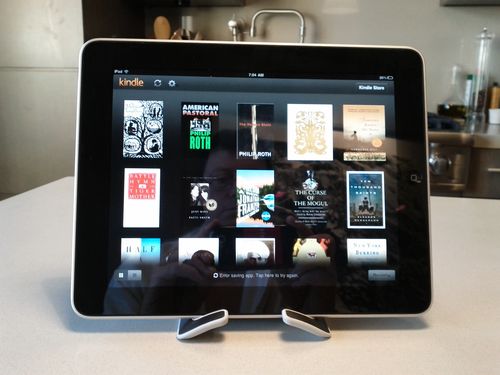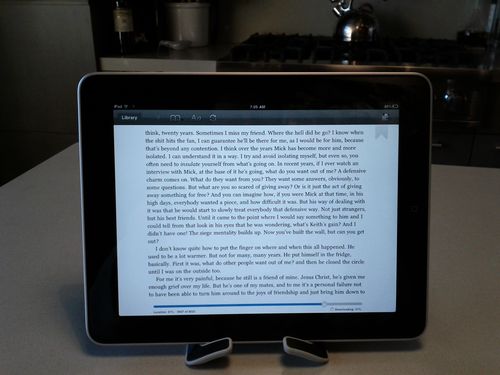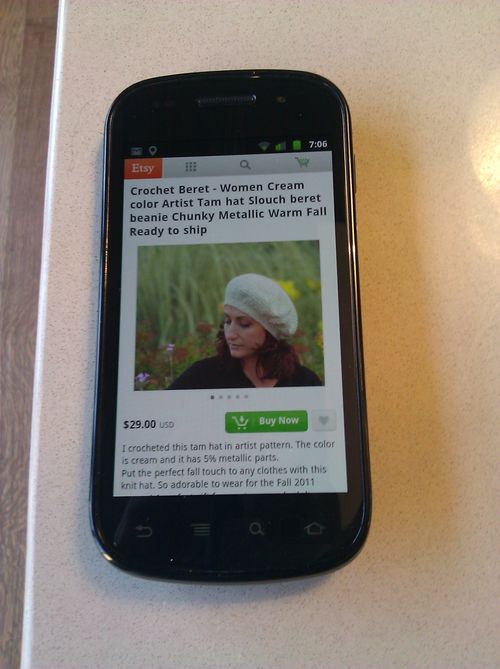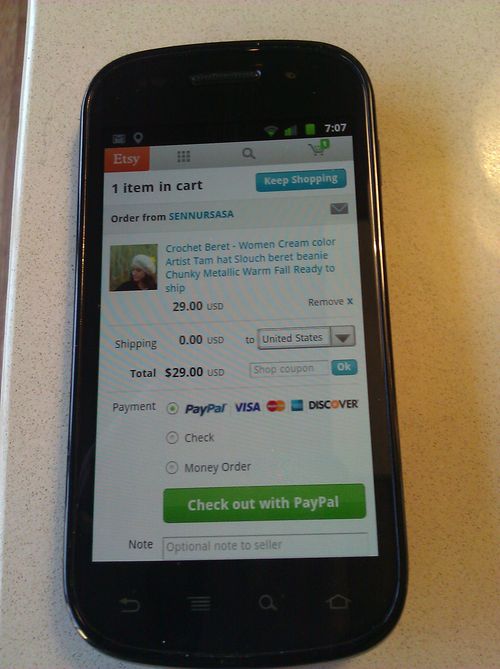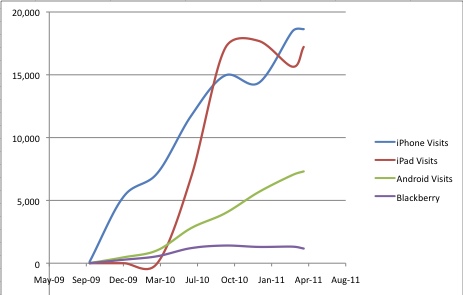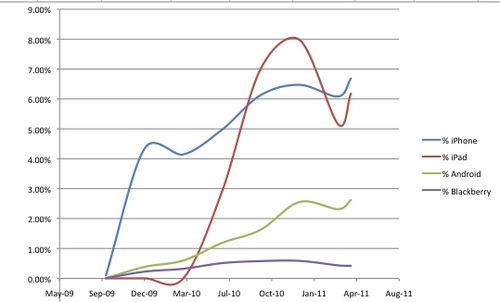Mobile Gatekeepers
One of the things we try to avoid in our investments is gatekeepers. We would prefer that a company has easy access to end users and doesn't need to navigate through a gatekeeper or a series of gatekeepers to get into the market.
Mobile internet investing has been tricky for as long as I have been doing Internet investing. Initially it was the carriers and handet manufacturers who controlled access to the end user. If you wanted to be in the mobile internet business, you spent your time working with carriers and handset manufacturers to get distribution. We didn't like that business and didn't invest in it.
With the advent of the iOS app store model, we saw a change in the market and changed our stance. To date, we have at least a dozen investments where mobile apps represent an important part of the user base.
But in the past ten days, I have seen three different situations, not just in our portfolio but with companies I've met with or know well, where the company's app was either not approved or pulled from the market. This is not limited to the iOS app store. It has also happened in the Android marketplace. And of course, we have seen RIM's removal of a Blackberry app create great harm to a portfolio company.
These actions are always taken in attempt to enforce terms of service and to protect end users. I am not complaining about the actions or saying they are unfair. They are what they are. But the mobile Internet is not the open web and may never be.
Welcome to the new boss. Same as the old boss.






